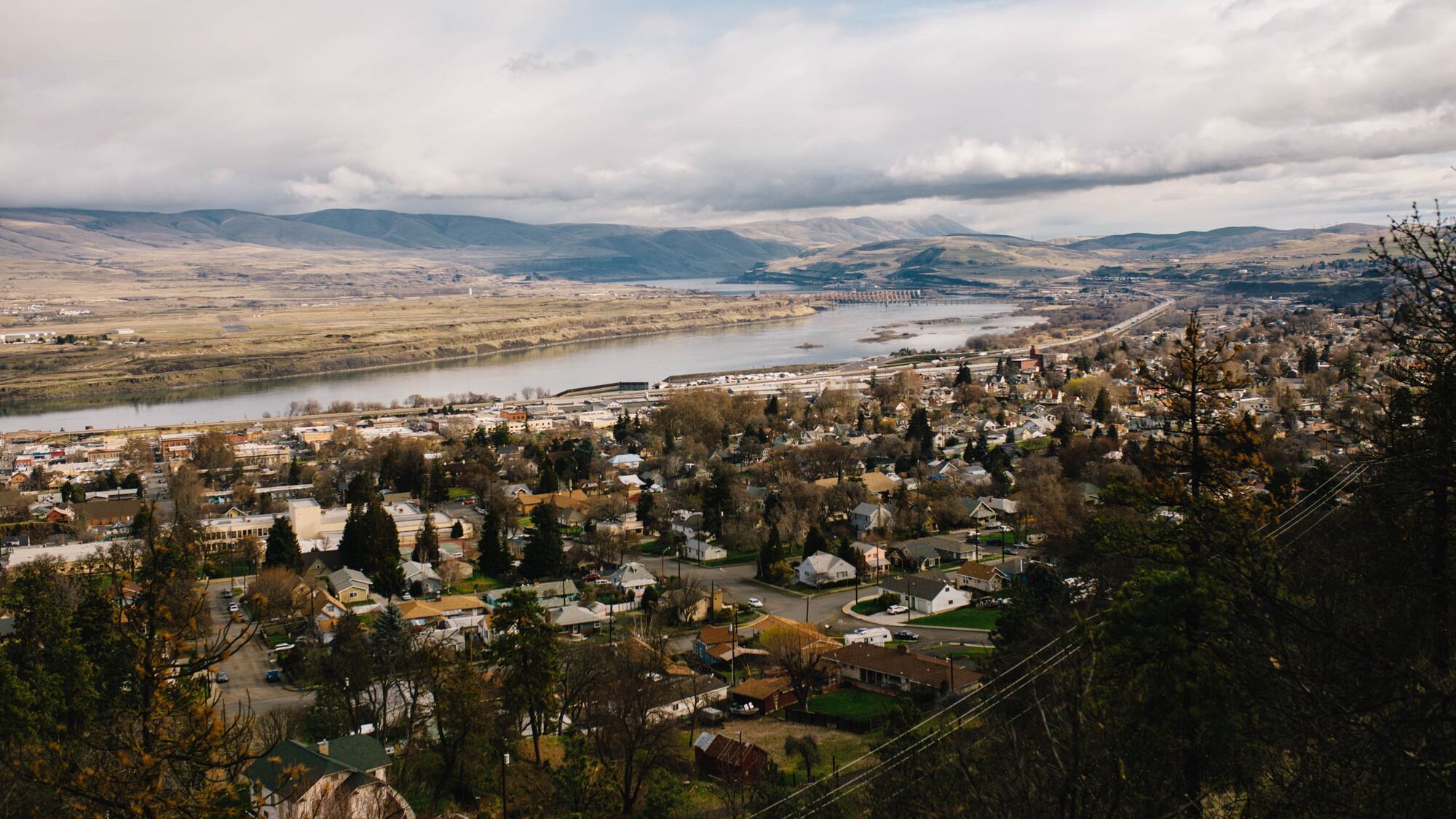A bill to curb greenhouse gas emissions in Oregon is a top priority for Democrats, who hold supermajorities in both the House and Senate this legislative session.
But the cap-and-trade legislation, called the Clean Energy Jobs Bill, that is currently proposed is getting mixed support from leftists and environmental justice groups.
Organizations such as the Nature Conservancy, the Climate Trust and 350PDX have provided testimony in support of the bill, calling it a necessary first step to reducing emissions. Other groups—including OPAL, Unite Oregon and the Center for Sustainable Economy— claim loopholes in the bill would enable bad behavior by polluters.
The measure, House Bill 2020, proposes a system for reducing the amount of pollution in Oregon that would require companies to purchase permits for greenhouse gas emissions, the availability of which would decline over time.
Companies could also generate "offset credits" through projects that reduce greenhouse gas emissions. Those credits could then be used or traded to cover emissions over what the cap allows.
Gov. Kate Brown has thrown her support behind the carbon taxing bill, which has failed in Salem for over 12 years. But some environmental justice groups now claim the legislation will do more harm than good.
Related: Oregon Environmentalists' Top Legislative Priority Sparks Opposition—From the Left
In a letter addressed to Brown, House Speaker Tina Kotek (D-Portland), Sen. Michael Dembrow (D-Portland) and Rep. Karin Power (D-Milwaukie), 21 environmental justice groups from Portland and around the nation call the bill a "false solution."
The letter cites studies in California which show that in the years after its cap-and-trade program launched in 2013, emissions in targeted sectors increased—because companies used offset credits garnered in other states to receive emissions allowances in California.
It adds that the companies most likely to take advantage of the loophole are located near low income communities and communities of color.
"Our members come from communities on the frontlines of climate change," Kayse Jama, executive director of Unite Oregon, says in a statement. "As we learn more about the harmful impacts of carbon trading globally, we stand with environmental justice groups from around the world in opposing HB 2020."
In January, the bill also received pushback from the Portland chapter of the Democratic Socialists of America, who demanded instead a "Green New Deal platform for Oregon's workers and communities."
A spokeswoman for Brown, Kate Kondayen, says the Governor is committed to protecting vulnerable communities and that she is prioritizing Oregon's adoption of an emissions reduction program this legislative session.
"While climate change impacts every Oregonian, Governor Brown recognizes that our rural communities, our low-income communities, communities of color, and tribes are especially vulnerable," Kondayen says. "Oregon's cap-and-invest program, HB 2020, will place a firm and declining limit on greenhouse emissions in Oregon to achieve the levels of emissions reduction consistent with the Paris Agreement and the international consensus of climate scientists."
She continues: "HB 2020 invests proceeds from the sale of emission allowances in the communities that need it most, including for activities such as weatherization, energy efficiency, clean energy technology, adaptation and resilience."
